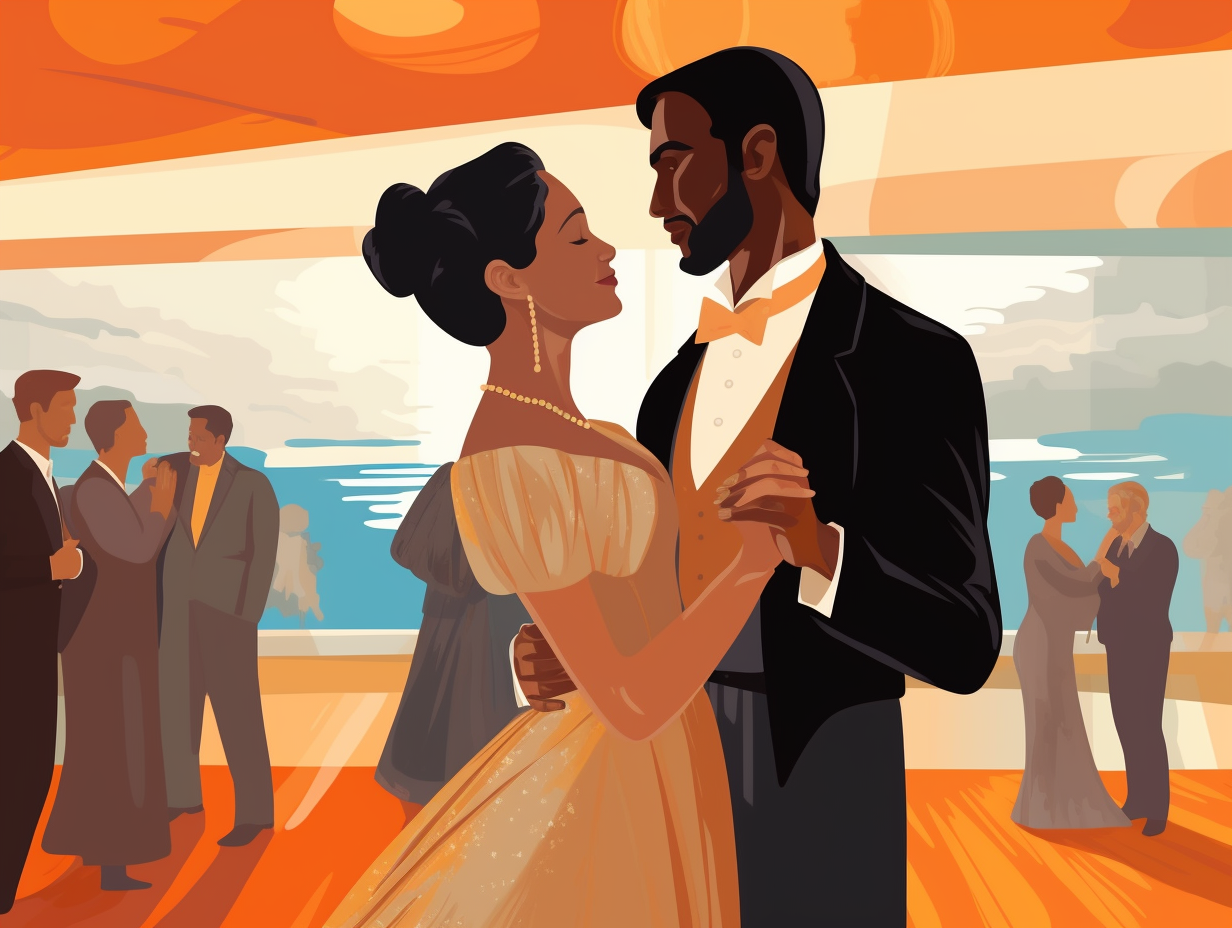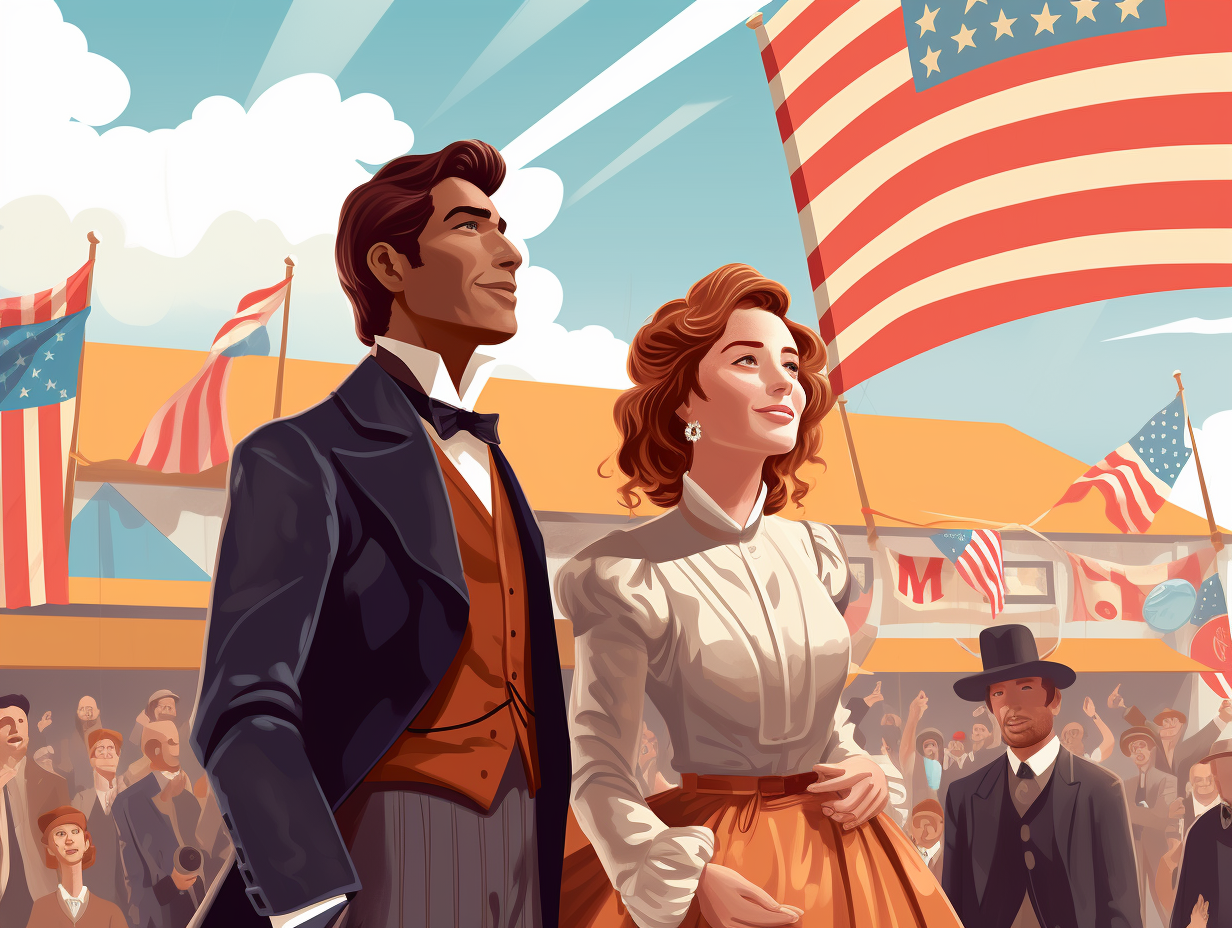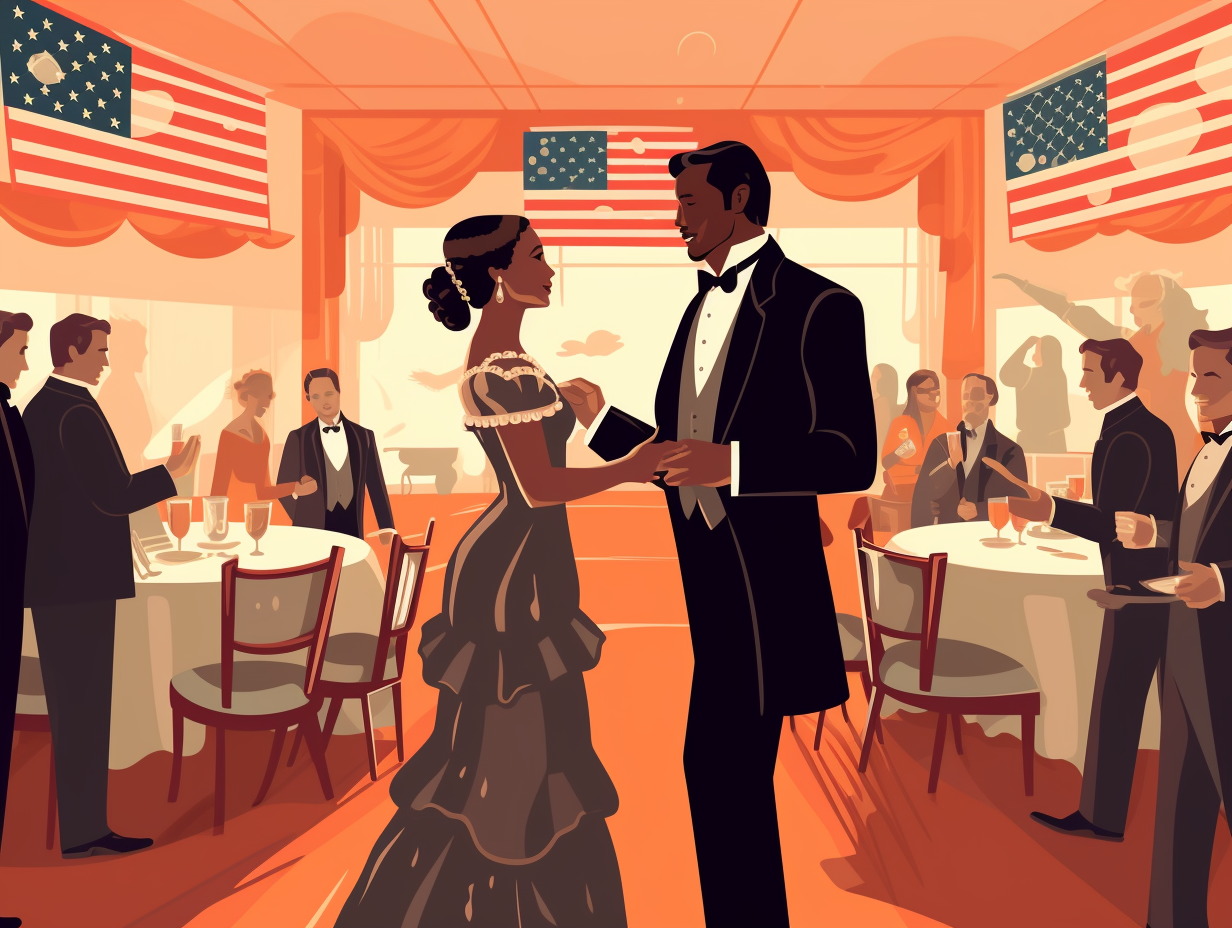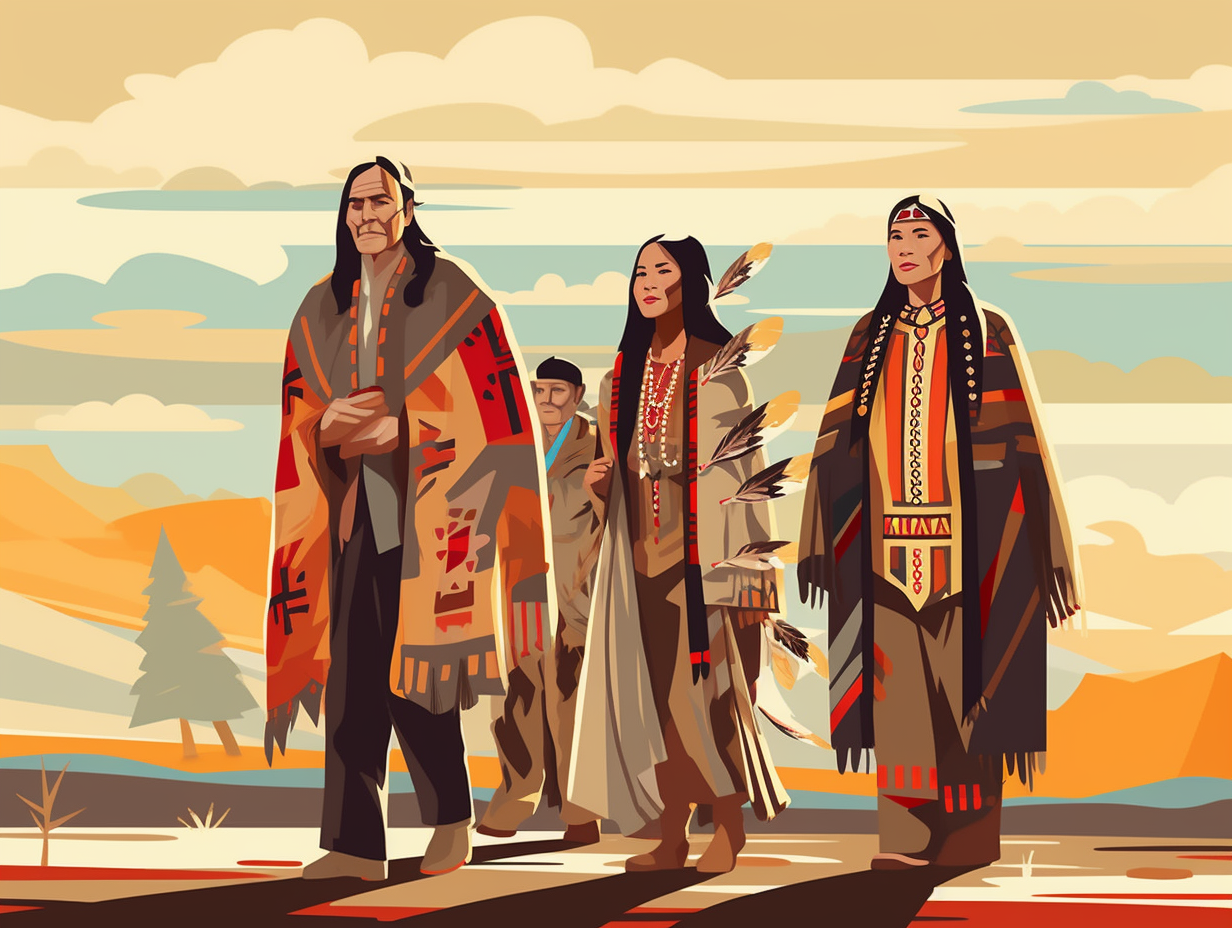Discovering the 15th Amendment: Top 11 Fascinating Facts You Never Knew

1. Captain America vs. 15th Amendment
Who needs Captain America when you've got the 15th Amendment swooping in to save the day, armed with justice and racial equality? Soaring in as the last of the Reconstruction Amendments, indeed our true hero: The 15th Amendment granted Black men the right to vote after the Civil War, but the supervillain of voting discrimination didn't truly meet its demise until the Voting Rights Act of 1965 came to the rescue, abolishing all forms of voting discrimination and authorizing Uncle Sam to keep watch over voter registration.
Source => archives.gov
2. Democrats' Prom Night Rebellion
If the 15th Amendment were a high school prom, the Democrats were the sulky teens resolutely refusing to dance: In reality, not all Republicans were supportive of the 15th Amendment that aimed to end racial discrimination in voting, and not a single Democrat voted for it in the House of Representatives, with only eight supporting it in the Senate.
Source => en.wikipedia.org

Did you know Philadelphia is home to the iconic "Rocky Steps" and the famous Rocky Statue? Channel your inner Stallone and climb the 72-stair staircase for a victorious photo-op at the Philadelphia Museum of Art! 🥊🏆💪
=> Fun Facts about Philadelphia
3. Peaking Too Soon
Talk about peaking too soon: The 15th Amendment may have been all the rage during Reconstruction, catapulting African Americans to electoral success with Mississippi boasting three black U.S. congressmen and 64 black state legislators from 1869 to 1901, but it came to a crashing halt after Supreme Court decisions chopped at the legs of the Enforcement Act, leaving progress in limbo for decades.
Source => usccr.gov
4. Hamilton's Not Enough for Women's Suffrage
When the Hamilton soundtrack just wasn't enough to secure a vote: The 15th Amendment, ratified in 1870, granted African American men the right to vote, prohibiting voter discrimination based on race, but left women waiting in the wings for their moment in the suffrage spotlight another 50 years.
Source => nps.gov

5. Southern Democracy Gets Schooled
When the South got schooled in democracy, chalk it up to the 15th Amendment: The Voting Rights Act of 1965, created to enforce this pivotal amendment, not only made leaps and bounds in African-American voter registration but also had a chalkboard-clear knock-on effect - over 250,000 new Black voters jumped on the electoral bandwagon in just one year! With a whopping four out of 13 southern states boasting more than 50% African American registration by 1966, the Act slid into a victory like chalk on a chalkboard, spinning new editions in 1970, 1975, and 1982.
Source => archives.gov
6. Goldilocks and the Three Amendments
Think of the 15th Amendment as Goldilocks' struggle with the three bears: it had to sample three different porridge bowls before finding the one that's just right! Congress played the role of the picky protagonist, drafting not one, not two, but three versions before settling on the first and most moderate one: the real kicker is that despite all this hullabaloo, only 17 Republican states gave their thumbs up, while four Democratic states gave it the cold shoulder. It took a congressional decree forcing Southern states to accept both the 15th and 14th Amendments before the Union could gather around the table and strike a harmonious chord.
Source => pbs.org
7. Votes Over Hocus-pocus
Votes, not hocus-pocus: Although the 15th Amendment waved its legislative wand in 1870 to give African American men the right to vote, sneaky spells like literacy tests and other exclusionary tactics kept many from casting their ballots. It wasn't until the 1965 Voting Rights Act that the enchantment was truly lifted, bringing us closer to the fairytale of equal voting rights for all.
Source => loc.gov
8. Red, White, and Peekaboo Rights
Roll out the red, white, and blues: The 15th Amendment may have officially granted African-American men the right to vote, but Southern states played a sneaky game of "Now-You-See-It-Now-You-Don't." Poll taxes, literacy tests, and some not-so-neighborly visits from the Ku Klux Klan kept these rights as elusive as a game of peekaboo for years to come.
Source => jackmillercenter.org
9. Constitution's Swipe Right Problem
Why did the Constitution swipe right on the 15th Amendment?: Although it promised the right to vote for African-American men, sneaky tricks like poll taxes, literacy tests, and property ownership requirements—called Jim Crow laws—kept this political love connection from blossoming, especially in the southern United States.
Source => nationalgeographic.org

10. Amendment-free Time Flies
Time flies when you're not amending: 43 years passed between the 15th Amendment, granting voting rights to African American men, and the 16th Amendment, introducing the federal income tax, creating the second longest amendment-free stretch in U.S. history!
Source => dtjoyce.com
11. The Understudy Amendment
Much like an eager understudy waiting in the wings for their big break, the 15th Amendment had a lesser-known predecessor that never quite made it to the main stage: enter the little-known failed voting rights proposal of 1868, which was turned down by several Northern states. However, just two years later, with undeniable determination and a major supporting role from the Republican Party, the 15th Amendment took the spotlight as it was ratified in 1870, granting African American men their long-overdue right to vote.
Source => archives.gov
Related Fun Facts




















